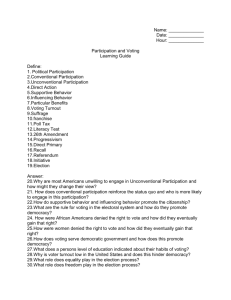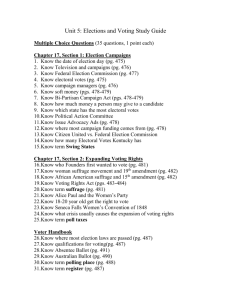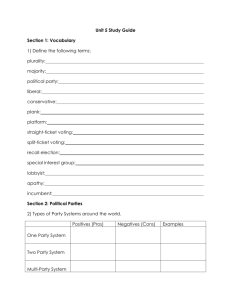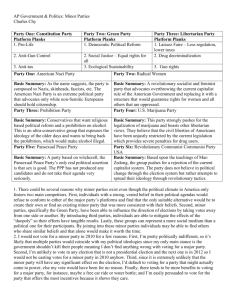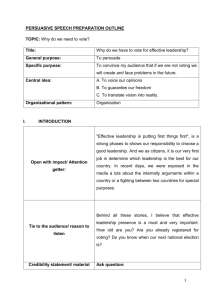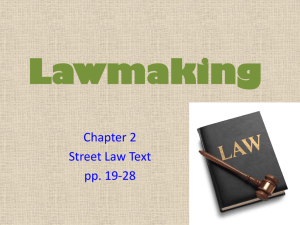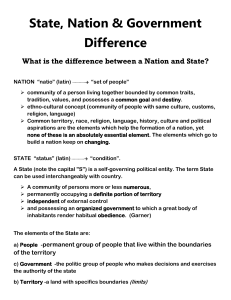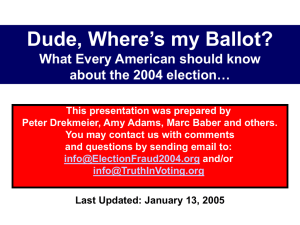Social Studies Flash Cards
advertisement
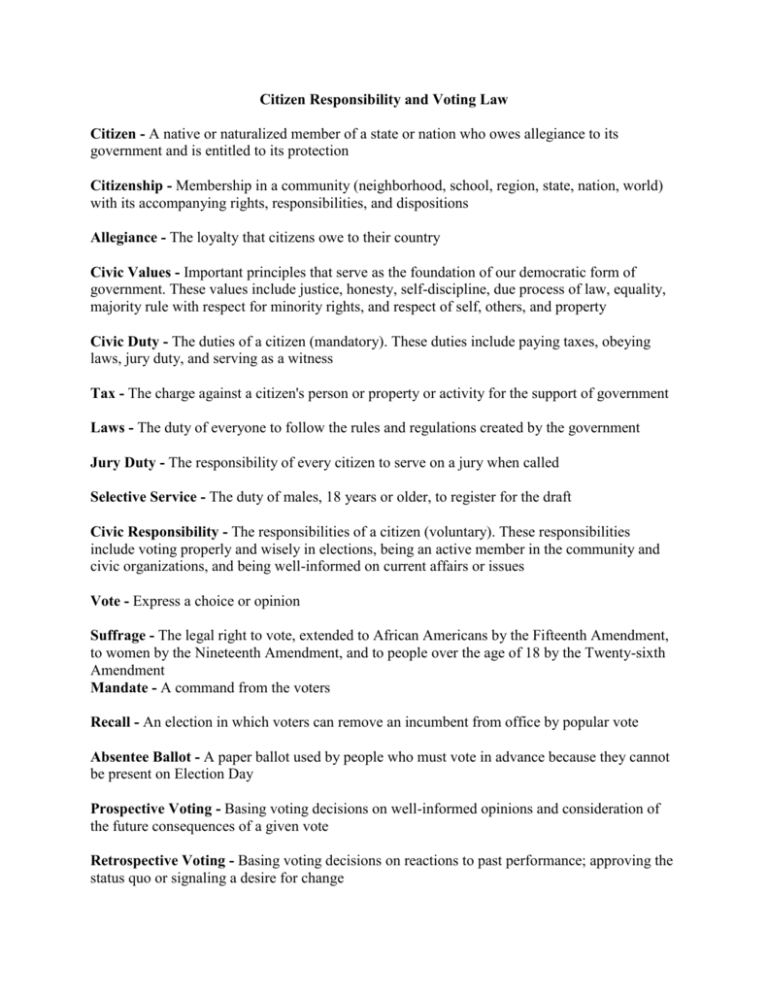
Citizen Responsibility and Voting Law Citizen - A native or naturalized member of a state or nation who owes allegiance to its government and is entitled to its protection Citizenship - Membership in a community (neighborhood, school, region, state, nation, world) with its accompanying rights, responsibilities, and dispositions Allegiance - The loyalty that citizens owe to their country Civic Values - Important principles that serve as the foundation of our democratic form of government. These values include justice, honesty, self-discipline, due process of law, equality, majority rule with respect for minority rights, and respect of self, others, and property Civic Duty - The duties of a citizen (mandatory). These duties include paying taxes, obeying laws, jury duty, and serving as a witness Tax - The charge against a citizen's person or property or activity for the support of government Laws - The duty of everyone to follow the rules and regulations created by the government Jury Duty - The responsibility of every citizen to serve on a jury when called Selective Service - The duty of males, 18 years or older, to register for the draft Civic Responsibility - The responsibilities of a citizen (voluntary). These responsibilities include voting properly and wisely in elections, being an active member in the community and civic organizations, and being well-informed on current affairs or issues Vote - Express a choice or opinion Suffrage - The legal right to vote, extended to African Americans by the Fifteenth Amendment, to women by the Nineteenth Amendment, and to people over the age of 18 by the Twenty-sixth Amendment Mandate - A command from the voters Recall - An election in which voters can remove an incumbent from office by popular vote Absentee Ballot - A paper ballot used by people who must vote in advance because they cannot be present on Election Day Prospective Voting - Basing voting decisions on well-informed opinions and consideration of the future consequences of a given vote Retrospective Voting - Basing voting decisions on reactions to past performance; approving the status quo or signaling a desire for change Crossover Voting - A voter who is registered as a member of one political party but who votes in the primary of another party Electorate - The citizens who are eligible to vote Electoral College - A body of people representing the states of the U.S., who formally cast votes for the election of the president and vice president Closed Primary - Primary available only to a single party Open Primary - Primary available to all voters Primary Election - Election in which voters decide which of the candidates within a party will represent the party in the general election Runoff Primary - A second primary election between the two candidates receiving the greatest number of votes in the first primary General Election - Election in which voters decide which candidates will actually fill elective public offices

